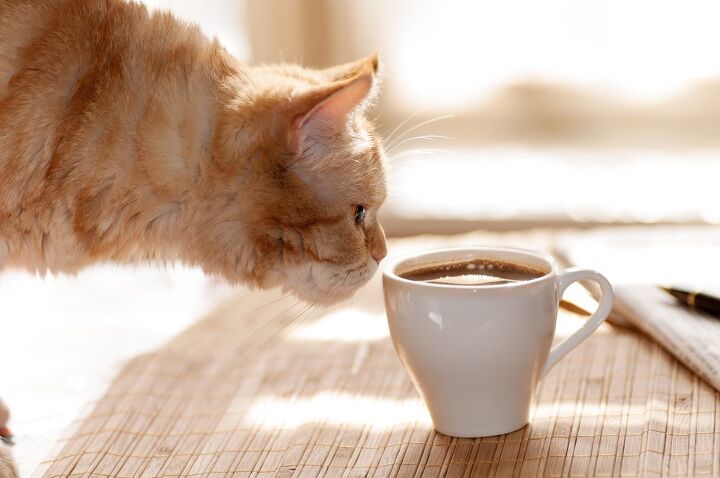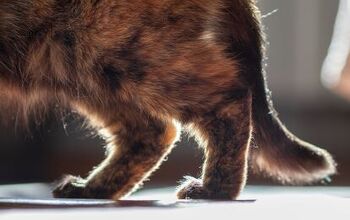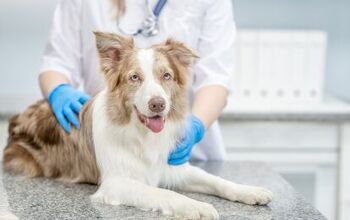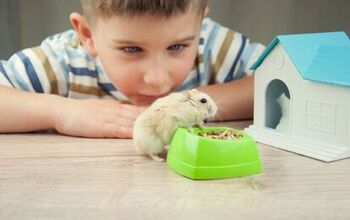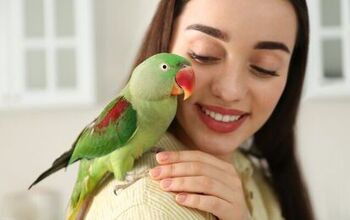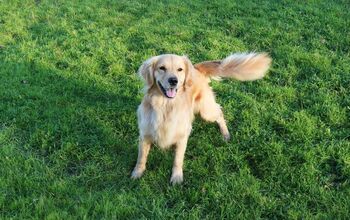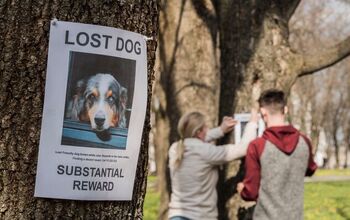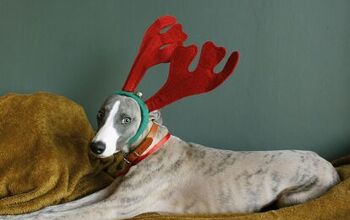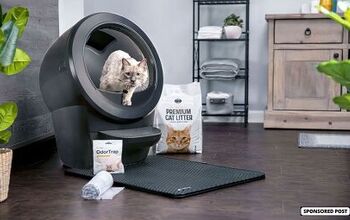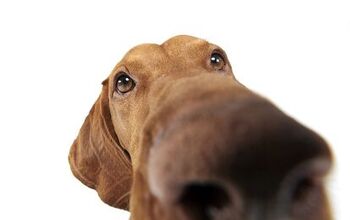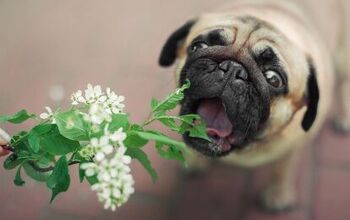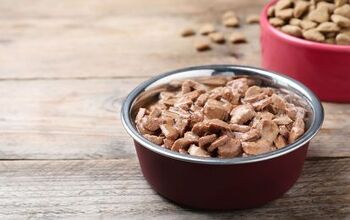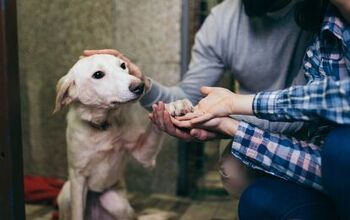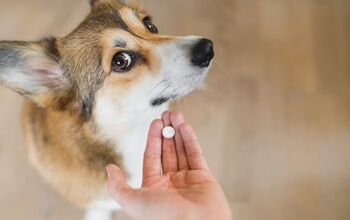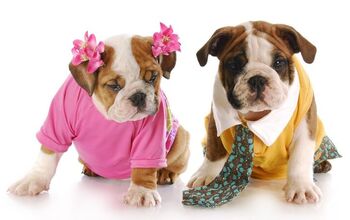Top 10 Human Foods Poisonous to Cats

Your cat’s body is different from yours, so some of the foods that are perfectly fine for you to eat might actually be poisonous to your pet. Taking precautions to keep your kitty away from these foods is important, and contacting your vet if your cat ingests any of these foods is also recommended to ensure your pet will be okay.
What are some of the human foods that are poisonous to cats? 10 of them are listed below, in no particular order.
Related: Top 10 Fruits Cats Can Eat
- Chocolate
While you might delight in a chocolate treat, it should be kept away from your cat because it contains methylxanthines. These substances can cause symptoms that include diarrhea and vomiting, as well as abnormal heart rhythm, muscle tremors, increased thirst, high body temperature, seizures, and abdominal discomfort. The darker the chocolate, the more dangerous it could be. Contact your vet if your cat ingested chocolate and is exhibiting symptoms.
- Onions and Garlic
Although you might like using garlic, scallions, shallots, and onions in a variety of your homemade meals, be sure to keep foods in the onion family away from your cat, as they can damage red blood cells and contribute to anemia. Contact your vet if your cat eats any of these foods and starts to exhibit symptoms like weakness, pale gums, reduced appetite, lethargy, and urine that’s orange to dark red in color.
Related: Can Cats Eat Bananas?
- Raisins and Grapes
Did you know that even small amounts of raisins and grapes could make your kitty sick? Be sure to keep these foods far from your cat, as they can cause kidney failure to develop rapidly. If your cat were to eat grapes or raisins, symptoms like vomiting, hyperactivity, diarrhea, lethargy, reduced appetite, abdominal pain, and decreased urination may occur over the course of 12 to 24 hours.
- Alcohol
If you enjoy drinking some alcohol to have fun or unwind, just be sure to keep it away from your kitty, especially if your cat is curious about what’s in your glass. Cats who consume alcohol might develop liver damage and brain damage, and small amounts can do a lot of harm. If an adult cat were to drink just 1 tablespoon of alcohol, she could end up in a coma, while a larger amount could be fatal.
- Caffeinated Drinks
In the same way that you keep your alcoholic beverages away from your pet, you should do the same with any caffeinated beverages that you like to drink. Symptoms that may develop after ingestion include muscle tremors, rapid breathing, restlessness, and heart palpitations.
- Raw Fish
It’s best to not share your sushi or raw fish ingredients with your kitty. That’s because, according to experts, raw fish might be harboring harmful bacteria that could cause food poisoning and gastrointestinal upset. And raw fish also contains an enzyme that destroys thiamine (an essential B vitamin). So, if you want to give your cat a bit of fish as a treat, just cook it first and serve it plain.
- Raw Dough
Raw yeast dough is yet another food that can harm a cat if she were to eat it. Basically, the dough could end up rising in your kitty’s belly, stretching her abdomen and causing gas, bloating, and pain. The stomach might even end up twisting, which would put your pet in a life-threatening situation. Plus, as yeast ferments, alcohol is produced, which is also harmful to cats.
- Salty Foods
Letting your cat snack on your salty treats, such as pretzels, popcorn, and chips, isn’t such a good idea. If your cat eats too much salt, she could experience excessive thirst, excessive urination, and sodium ion poisoning. Symptoms that your cat ate too much salt include diarrhea, tremors, depression, elevated body temperature, vomiting, and seizures. Too much salt can even be life-threatening.
- Dairy Products
Many cats, after weaning, become lactose intolerant, so even though your cat might like drinking milk or eating cheese, dairy products may result in symptoms like upset stomach, vomiting, and diarrhea.
- Fat Trimmings
Tempted to give your kitty some table scraps that include the fat that you have trimmed off meat? Not so fast. Uncooked and cooked fat could result in intestinal upset, diarrhea, and vomiting, as well as pancreatitis.

Lisa Selvaggio is a freelance writer and editor, and our resident cats-pert, with certifications in pet nutrition and pet first aid. She enjoys producing content that helps people understand animals better so they can give their pets a safe and happy home.
More by Lisa Selvaggio



